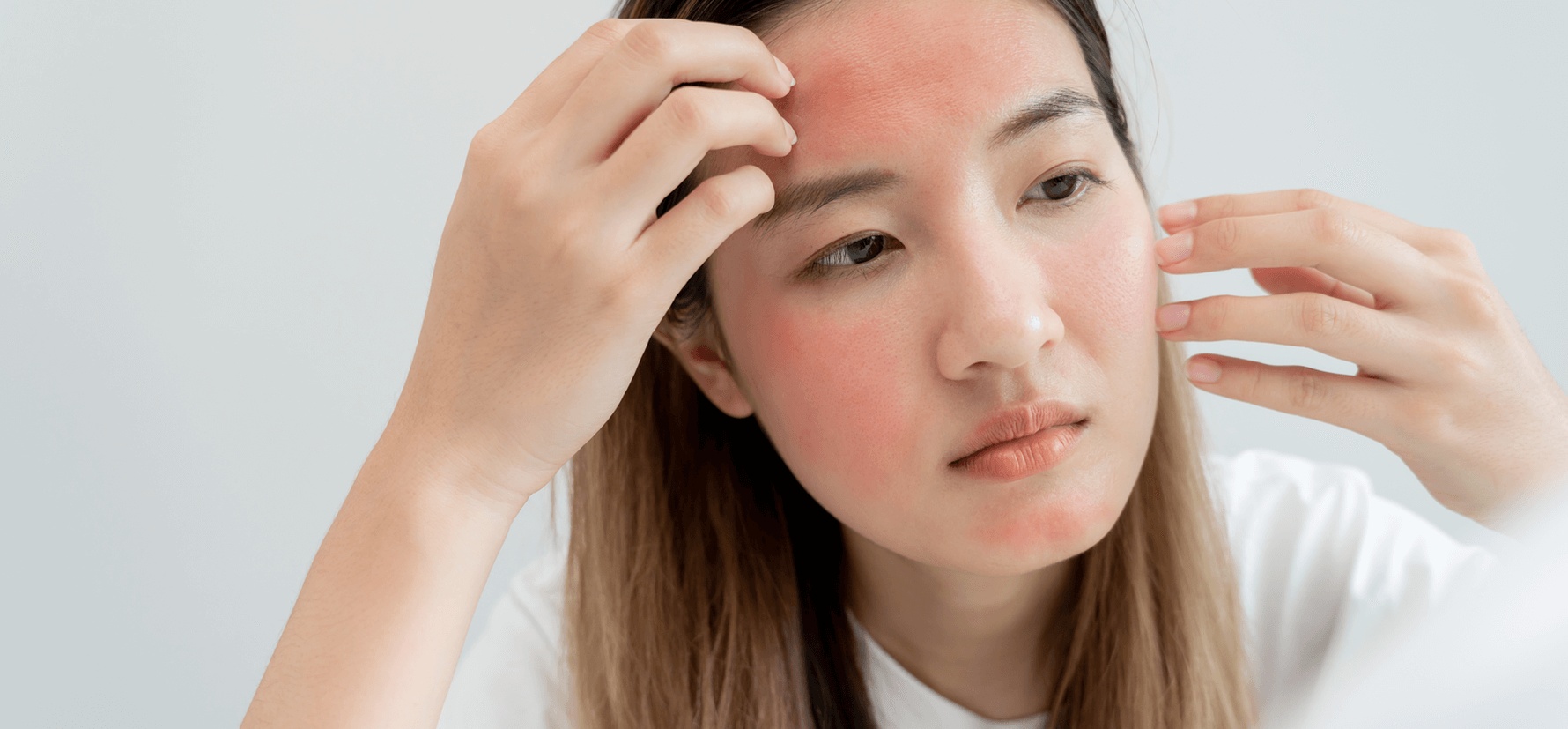Persistent itchiness is frustrating, uncomfortable, and even disruptive to daily life. While itchy skin can be normal in particularly dry seasons, if you're constantly scratching and struggling with dry, irritated skin, you may have a skin condition known as eczema. This chronic skin condition affects more than 31 million people in the United States. The constant urge to scratch, the embarrassment of visible rashes, and the challenge of finding eczema relief can significantly impact your quality of life.
If this sounds familiar to you, continue reading to learn about eczema, its triggers, and what you can do to stop symptoms, including where to find the best dermatology care in Bend, OR, for eczema treatment.
What Is Eczema and What Causes It?
Eczema, also called atopic dermatitis, is a chronic inflammatory skin condition that causes dryness, redness, and intense itching. When you have eczema, your skin's protective barrier doesn't function properly, allowing moisture to escape and irritants to enter more easily. This condition can stem from a combination of factors:
- You can have a genetic predisposition for it
- An overactive immune system can respond too aggressively and create inflammation
- Various environmental triggers and emotional stress can also spark or worsen flare-ups
Understanding these triggers is the first step toward effectively managing your symptoms.
How Do I Know If My Itchy Skin Is Eczema?
Eczema often appears as red, dry, scaly patches that may ooze or crust, especially on the hands, face, elbows, or behind the knees. Unlike ordinary dry skin, eczema patches typically feel intensely itchy, with the urge to scratch becoming particularly strong at night when you're trying to sleep. This nighttime itching is a hallmark symptom that distinguishes eczema from other skin conditions.
Unlike many other medical conditions, there's no specific blood test or procedure required to identify eczema; the distinctive appearance of your skin and pattern of symptoms usually tell a dermatology specialist everything they need to know.
What Triggers Eczema Flare-Ups?
Eczema has a frustrating tendency to worsen in response to various environmental factors and lifestyle elements. Common triggers and risk factors include:
- Soaps and cleansers
- Synthetic fragrances in personal care products
- Rough or irritating fabrics like wool
- Having sensitive skin
- Stress often triggers inflammation throughout the body, including your skin.
- Weather conditions, like dry or cold air that strips moisture from the skin
- Allergens such as dust mites hiding in bedding, pet dander, and seasonal pollen
Since everyone's eczema responds differently to these factors, keeping a skin journal to identify and then methodically avoid your personal triggers is one of the most effective strategies for reducing the frequency and severity of flare-ups.
How Is Eczema Treated?
Managing eczema starts with a daily eczema skin-care routine to maintain your skin's moisture barrier. Basic care includes:
- Applying fragrance-free moisturizers to affected areas, especially right after bathing, while your skin is still damp
- Using gentle, non-soap cleansers that won't strip away natural oils
- Avoiding triggers, including harsh laundry detergents and allergens
- Consider skin barrier creams for parts of the body where itchy rashes appear between skin folds or where clothing rubs
When flare-ups occur, topical corticosteroid creams or other prescription medications like calcineurin inhibitors can effectively reduce inflammation and calm the itching. For those with more stubborn or widespread eczema, many dermatology experts recommend additional treatment options such as:
- Phototherapy, a controlled exposure to specific types of light that can reduce inflammation
- Oral medications that suppress the overactive immune response
- Newer injectable biologic drugs that target specific inflammatory pathways in the body
Can Diet and Lifestyle Changes Help with Eczema?
Diet often plays a surprising role, with some individuals experiencing fewer flare-ups after eliminating common food triggers such as dairy products, gluten-containing grains, or eggs from their meals. Simple daily habits matter too:
- Drinking plenty of water helps maintain skin hydration from within
- Regular stress-reduction practices like meditation or gentle exercise can calm the inflammatory responses that worsen eczema
- Maintaining a consistent skincare routine, even when your skin looks clear, also builds resilience against future flare-ups
Some people also find relief in natural remedies, such as lukewarm oatmeal baths, which can help reduce itching, or applying coconut oil as a moisturizer.
When Should I Get Professional Help for Eczema?
While mild eczema can often be managed at home, certain situations call for expert guidance. If you've tried over-the-counter moisturizers and hydrocortisone creams for several weeks without improvement, or if your symptoms are actually getting worse despite your best efforts, it's definitely time to consult a healthcare professional.
Dermatology care offers significant advantages, including access to stronger prescription treatments tailored to your specific needs and expert evaluation to confirm whether your symptoms are truly eczema or perhaps another condition with a similar appearance, such as psoriasis or a fungal skin infection.
Seeing a dermatology specialist can also prevent complications like:
- Skin thickening, known as lichenification
- Bacterial infections that may require antibiotics
- Psychological burden of ongoing, uncontrolled discomfort
Remember that chronic scratching can lead to permanent skin changes, so seeking professional help sooner rather than later is always the wisest approach.
Where to Find the Best Dermatology Care in Bend, OR for Eczema Treatment
Relentless itching, dry patches, and flare-ups don’t have to be your norm, and at Snow Dermatology, we’re here to make sure they aren’t. We take the time to understand your unique skin type and eczema triggers so we can create a personalized plan that actually works.
Our experienced team, led by Amy Snow, PA-C, uses cutting-edge dermatology treatments in eczema care to deliver lasting relief. Located right here in Bend, we ensure everyone in Central Oregon has easy access to trusted dermatology care.
If you’re searching for the best dermatologist in Bend, OR, and want to get a personalized treatment plan for your eczema, consider the best dermatology care in Bend, OR, with Snow Dermatology.


.svg)

.jpg)














